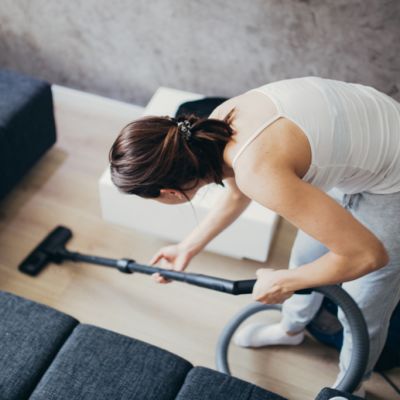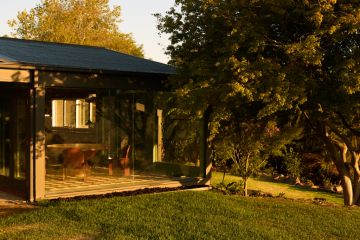You might love working from home now, but give it a year
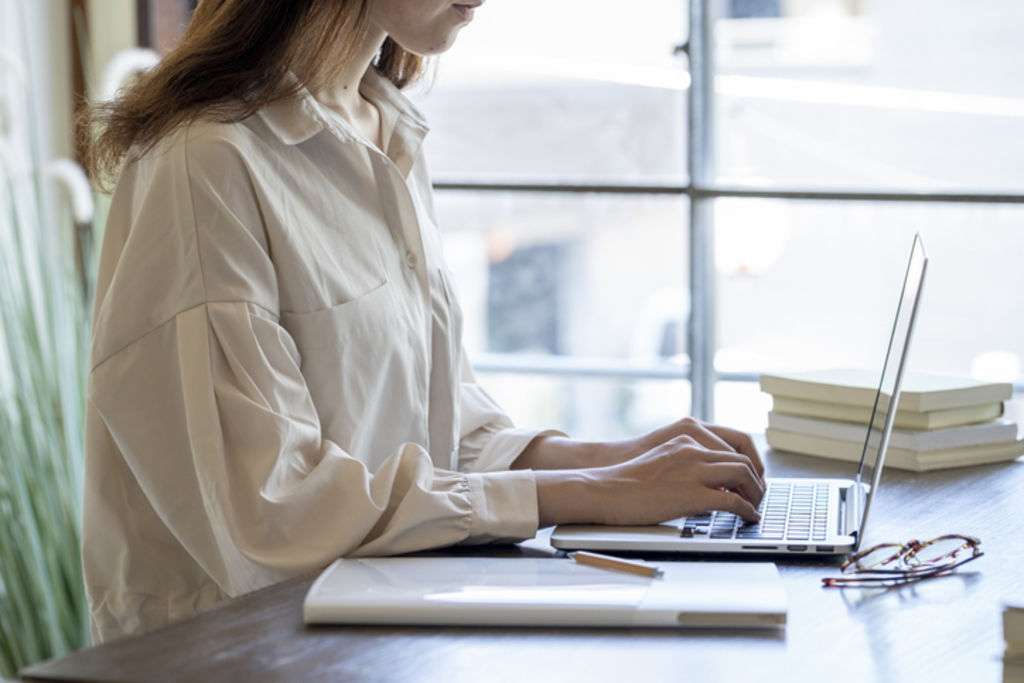
Sadly, it is no longer acceptable to grab someone firmly by the shoulders, drag them in close and shout in their face, while lightly expectorating, “No, you don’t know what it’s like!”
This is what I get the urge to do every time someone tells me how much they’ve loved working from home in the COVID-19 crisis, and how they can’t believe I’ve been getting away with it for so long.
My approach of asking everyone who’s new to e-commuting how much they’re hating it has led to endless disappointment. Clearly I have forgotten, in the six years since I started “hanging around the house all day”, as my eight-year-old daughter describes my job, how good it was at first.
The first six months were a dreamlike period, where everything you’d ever hated about office life – underlings, overlords, sharing bathrooms with people who you’re thankful aren’t your family – morphed into amusing memories.

In that initial golden period, you also notice how much more productive you are without people constantly interrupting you, and how much better you can feel about your appearance when no one can see you (I never had to do Zoom calls).
These days, everyone is telling me how much they’re loving working from home and when I promise them that if they keep it up for a year, they’ll come to hate it and beg for a return of the old days, they snort in derisory fashion.
But the fact is that eventually you do come to miss having a normal work life, even the bits you wouldn’t credit like commuting.
Obviously, this depends on your commute, and when I lived in London, travelling on the Tube turned me into one of those people who mumbles angrily in public while wearing a face made of thunder.
In Sydney, though, my drive to work, as painful as it could be, was a transition, a highly variable period of time in which I was neither at home or in the office. A mental switching point.
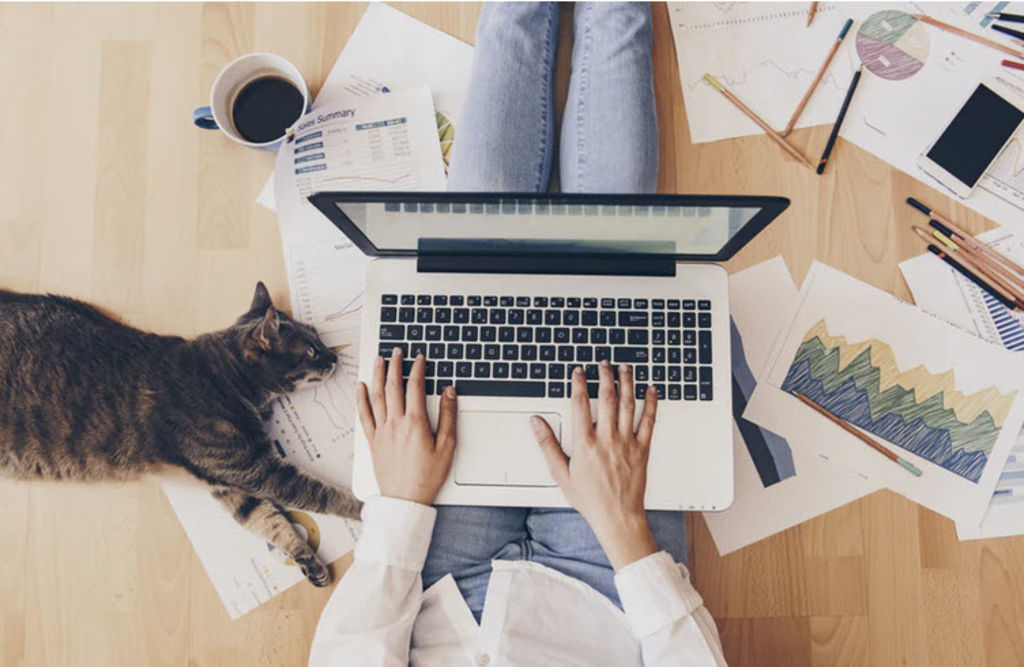
What people don’t initially realise when they set up a home office is that you don’t just physically lose a few square metres of your house, you lose that sense of sanctuary, of being away from work, that your front door used to represent.
If you work from home, you are always at work, particularly in a lockdown, and the mental pull of your inbox is somehow stronger when it comes from a nearby computer rather than your omnipresent phone.
Should you be squishing on the couch and mainlining Netflix again, or should you be squeezing in another hour upstairs at the coalface?
Is it really so great that you can be at your desk, working, less than 60 seconds after waking? Wouldn’t a stroll through fresh air and a coffee, and even reading on the bus for a while, be good?
It’s all fun and games at first, a novelty, the home work thing, and being close to your own fridge is great, but the slow evaporation of the mental distance between your home life and your work one is an insidious one.
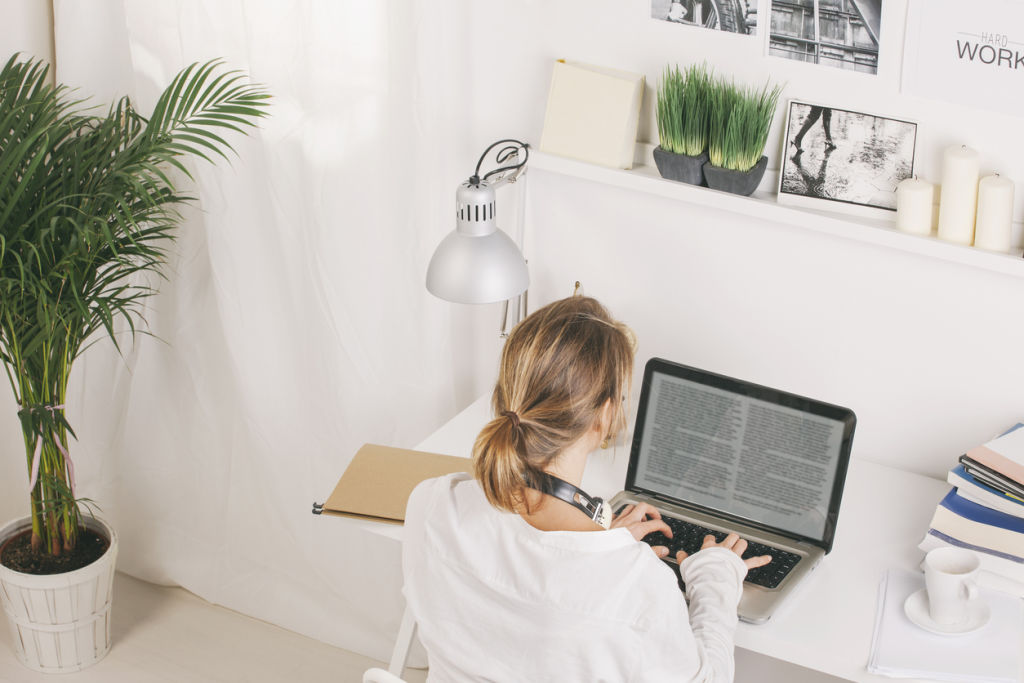
And then there’s the social side, which probably doesn’t need explaining to anyone who’s spent lockdown living alone. There will come a day, hopefully soon, when many people will have that first day back at work, and see their colleagues in the flesh again.
They will speak of the lockdown and of how great working from home was, and then they will chat about all kinds of things, meaningless and important, and meanwhile I will sit stewing with jealousy, because a return to normalcy for full-time home workers will be the opposite of sociable (at present, my wife is working from home, which means I can at least hear her soothing shouting on the phone upstairs).
It’s beyond weird to admit it, but after six years I would happily be stuck in an office all day with a collection of the most annoying, overly chatty, frightening colleagues I’ve ever had – even the guy who used to eat out of the bins – just to be part of what a company chief executive described to me recently as “that invaluable, bumping-into space”.
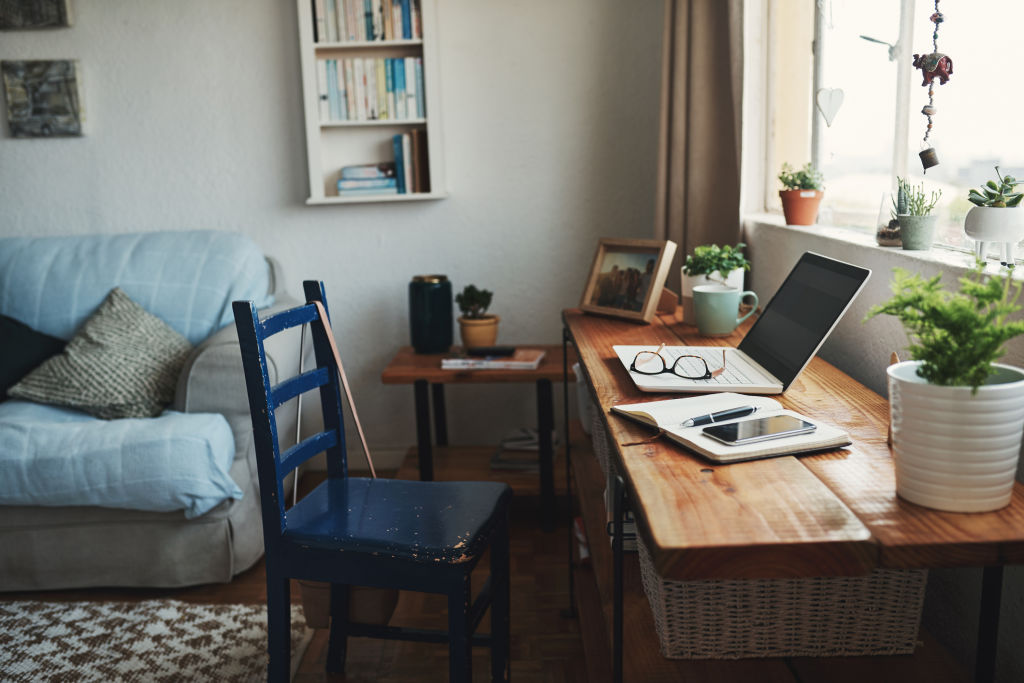
Obviously it would only take a week or two of full-time office work for me to be begging to stay home again, which just shows that no one is ever entirely happy with their lot.
A lot of experts are suggesting this enforced period of remote work will change the way businesses are staffed in the future, and it’s clear that what might well work best is the combination of home and office we’ll no doubt soon be trialling.
A world in which people who want to can do a bit of both, working home alone some of the week and sharing an office with other humans the rest of the time, might just be the perfect balance, for those lucky enough to swing it. I look forward to envying those people soon.
We recommend
States
Capital Cities
Capital Cities - Rentals
Popular Areas
Allhomes
More
